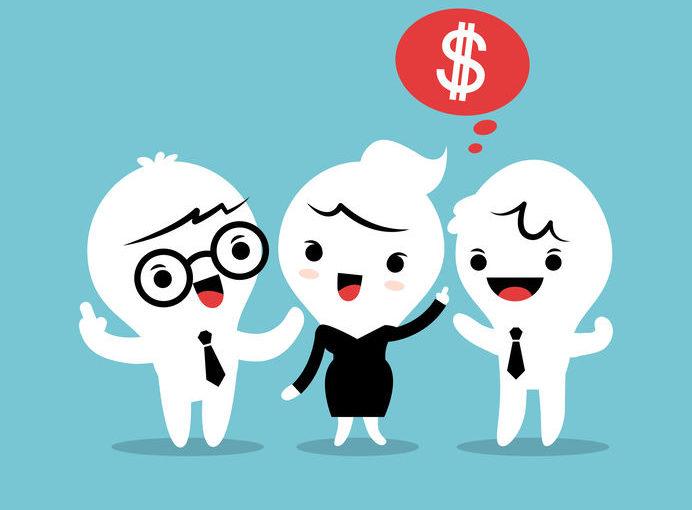
“If you enjoyed your experience, refer a friend and we’ll give you half off your next order.”
It’s a common offer. In this case it came from the car wash. I’ve gotten similar offers from my dentist, a home contractor, the make up store, a video conferencing service and my daughter even got an offer from her apartment complex. It was, “Refer a friend and you’ll get $400 off your rent.”
These sound good in theory, but rarely work in practice. Here’s why:
People don’t want to sell out their friends. Yes, I’d like half off my car wash, but it’s not enough to motivate me to have an awkward conversation.
When I get the car wash offer (or the dentist or the dry cleaner offer) my mind doesn’t go to who can I refer, it goes to how will I do it? Even if I had a great experience, I don’t want my friends to think I’m just trying to make money off them. I start thinking, Should I tell them I get half off? How will I start the conversation? It makes me feel weird instead of good.
The company trying to get me to provide a referral made a classic mistake. They tried to give me something of value; they should have provided the value for my friend.
Despite recent cultural evidence that might indicate otherwise, most people want to help others. It makes us feel good to give others something they’ll enjoy that cost us nothing. We get a dopamine high.
Employers make the same mistake. When companies offer cash bonuses to people who refer friends and family for jobs, they’re looking at the wrong side of the equation. Instead of rewarding employees for referring friends and family, they should focus on the harder (much harder) task of creating such a great workplace experience; people want to refer their friends and families.
As I’ve written before, I don’t like to ask for favors, I like to do favors. Instead of giving me the discount when I refer, give me a discount or freebie I can give to my friend. Instead of feeling sleazy, I feel generous.
Companies like Daily Harvest and Thred Up understand this. They give you a discount code to share with friends. I feel great about inviting friends into the club. If they sign up, I get the exact same discount they did. No weirdness because I am giving them a discount.
Follow the different thought path when you give a happy customer a discount to give their friend. Wow, that was a great smoothie. The email comes into my box, did you like your smoothie? Would you like to give your friend a discount on a smoothie? Well yes I would. My brain is now thinking, who would like this discount? Instead of imagining a weird conversation where I try to sell someone smoothies, I’m thinking about who would enjoy smoothies.
The same thing applies in the workplace. Nobody is going to ask their family member to take a crummy job so they can get a $500 spiff. But if the employer creates the right experience, and asks the team, who else would enjoy this, you’re more likely to get a positive response.
Of course, none of this works if the initial experience is bad. If you want more referrals give people an experience worth sharing. Then, add a gift they can bestow on someone else.